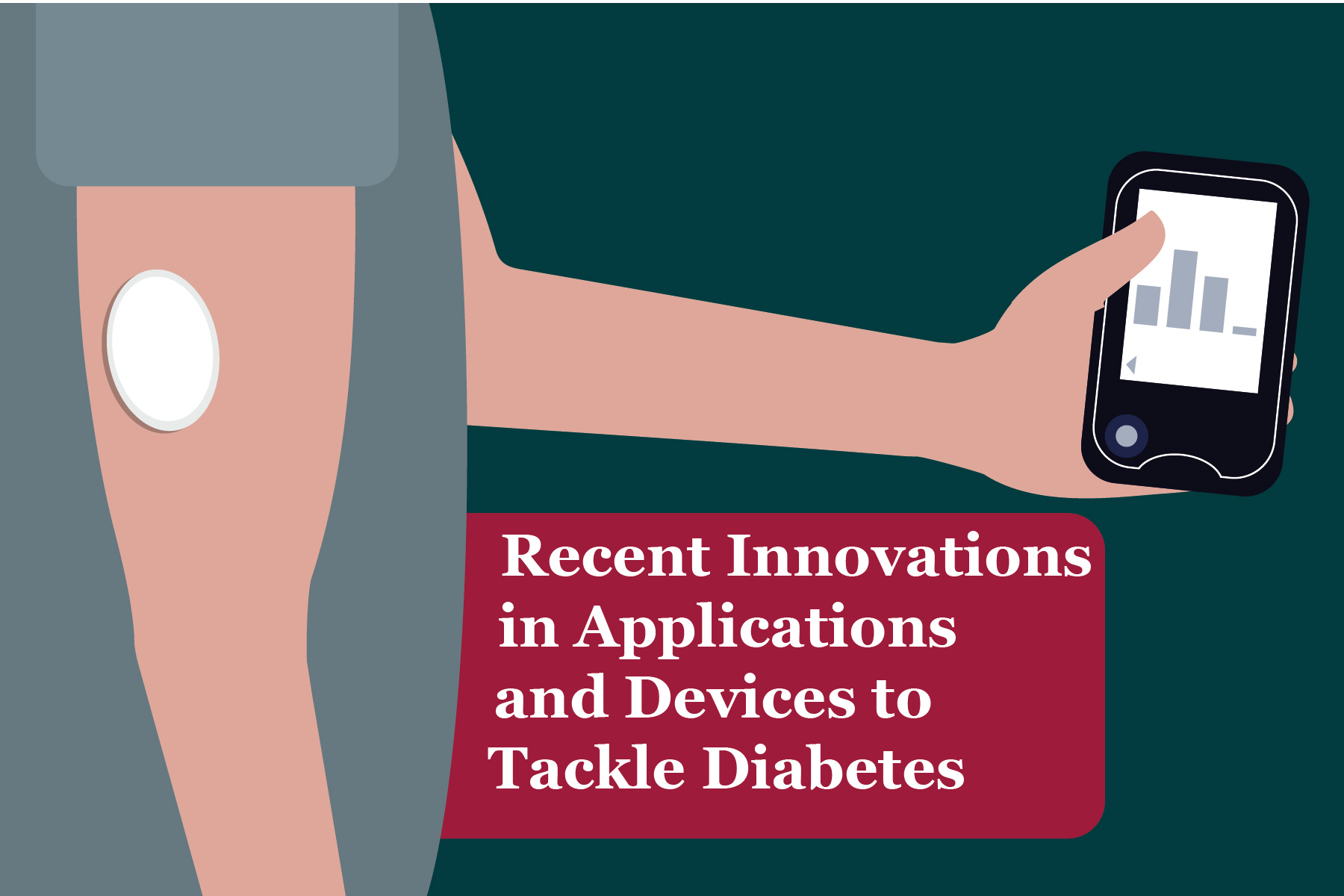Approximately 463 million people on Earth are affected by Diabetes, a disease in which the body’s ability to produce or use the produced insulin to regulates blood glucose levels is impaired.1 Consistent high glucose levels can lead to serious conditions significantly affecting the heart, kidneys, nerves, eyes, and blood vessels. In the US, Diabetes is the 7th highest cause of death with effects including retinopathy (blindness), kidney failure, and heart stroke.
Surely, technology makes human life easier. Medical device manufacturers are engaging with software engineers to come up with innovations that are modernizing the ways to tackle Diabetes and its effects. Using the power of the Internet of Things, Artificial Intelligence and Cloud Computing, it is now possible to ‘continuously’ monitor the insulin levels and make corresponding decisions which facilitate early diagnosis, adding quality to care.
One of the first automated insulin dosing controllers approved by the FDA is the Tandem Control-IQ controller using the DeNovo pathway. The approval list also includes Medtronic Minmed 770G, the first device which uses continuous blood glucose monitoring algorithms and provides insulin dose with little or no interaction from users. Using the 510k clearance, FDA approved the first integrated continuous glucose monitoring (iCGM) G6 system by Dexcom. Other examples include: Freestyle Libre – A continuous glucose monitoring device which offers sugar level assessments by scanning small sensors inserted under the skin, Omnipad DASH – A wearable insulin pump that includes Bluetooth based Personal Diabetes Manager in form of handheld device, and InPen – A reusable injector smart pen which calculates the amount of insulin dose based on It saves customized insulin settings.2
Manufacturers should take care that before the device or application is released for public or commercial use, they ensure their devices and software meet FDA quality and regulatory standards. These devices first go through the classification of devices which defines the levels of risk and safety associated with it. Manufacturers should also be aware that some products are subject to clinical trials.3
The clinical trials provide limitations and potential hazards the device may pose in the future. For example, in the case of devices for diabetes, the clinical trials may list the side effects of wearing the device for a prolonged time. In some cases, the FDA may ask the manufacturers to conduct post-market studies to collect feedback and issues on devices where the product is live in the market and is currently being used by patients and healthcare facilities. In the case of Medtronic Minimed 770G, FDA has asked manufacturers to perform a post-market study to evaluate real-time device performance.
To sum up, medical device manufacturers that specifically are mitigating Diabetes and its effects are coming up with ideas that are revolutionizing the methods of monitoring and reducing blood sugar levels. Moreover, to get the device and applications running in the market, they should be FDA compliant which ensures overall quality, safety, and efficiency. Do you have a software or medical device designed to help patients with Diabetes which needs FDA approval? Our experts at EMMA International can help ensure your product is FDA compliant. Contact us at 248-987-4497 or info@emmainternational.com for additional information.
1(IDF), I. D. (2020, February 12). Diabetes facts & figures. Retrieved from https://www.idf.org/: https://www.idf.org/aboutdiabetes/what-is-diabetes/facts-figures.html
2Bandoim, L. (2019, November 04). 7 Easy-to-Use, Diabetes Tech Innovations that Will Change Your Patients’ Lives. Retrieved from https://www.florence-health.com/: https://www.florence-health.com/specialties/diabetes/diabetes-technology-innovations-2019/
3FDA. (2020, 09 04). https://www.fda.gov/. Retrieved from Overview of Device Regulation: https://www.fda.gov/medical-devices/device-advice-comprehensive-regulatory-assistance/overview-device-regulation





